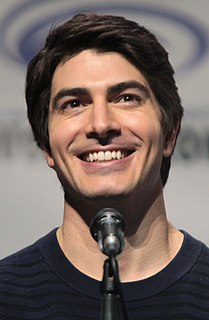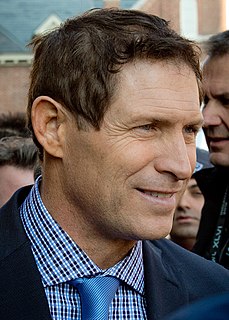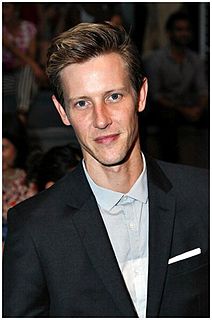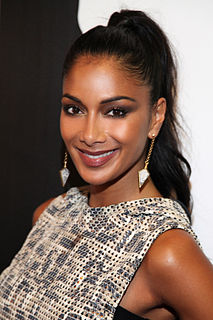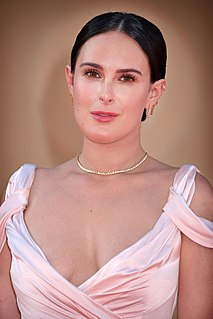A Quote by Katrina Kaif
I don't have any great detail or logic or exact point that I look for in a film. It's just if I get a good sense from it and I feel that there is something interesting that we may be able to do with it, then I just kind of go for it.
Related Quotes
It just kind of continues to be strange and interesting to me to try to understand what other people are looking for. And this also just comes from getting older. You look at the stuff certainly that's coming out of Hollywood these days, and you go, "Did what came out of Hollywood when I was a kid make more sense, or was it just that I was in the demographic then?" But I certainly feel increasingly confused and disconnected from it.
To go too much another way, for the sake of my ego in wanting to create something... in the situation of Superman is just wrong. Especially since we're continuing, in a sense, that story. The characters have to feel somewhat similar. What are you going to do with Superman? The world, and all the people that have created it, created him and have all kind of come together to make this image. Everybody kind of has the same idea of what it should be. So for me to go, "Okay, no, I think he should have a southern accent." Or something crazy, just doesn't make any sense.
The most extraordinary thing, you'd be given permission for, and then the weirdest, simplest things, you just wouldn't be able to obtain permissions. And it would go on and on and on forever and ever, and there was no way to know. You have to kind of approach it with an open, quite optimistic mind, no matter what's thrown at you, because it will only ever result in damaging the film if you let any kind of despondency get to you.
I know when I watch a film at this point, if I completely lose myself in the characters and the story and the world of the film I know that it's at least in my opinion, that was great. Otherwise I'm thinking: "Oh I know they were just doing A, B and C, right before they walked into the scene, then the camera was there, then they probably took the shot from this reverse close-up and moved it into this." When all of that drops away then I'm like: "Okay this was phenomenal, this was fantastic." I mean, any film or TV performance in general is probably good.
I invite the entire spectrum, shall we call it, of feeling. Because that is my greatest resource as a film actor. I need to be able to feel everything, which is why I refuse to go on any kind of medication. Not that I need to! But my point is, I wouldn't even explore that, because it would get in the way of my instrument.
I don't ever like to feel myself in the position to demand of an actor that they trust I'm going to do something worthwhile. I feel a responsibility to articulate what it is I'm going to do. Whether that's showing them a full script or sitting down with them and describing my ideas in detail. It's a very healthy burden on me as a film director to be able to articulate what I want to do, to inspire actors, rather than just saying, take it on trust I'll be able to do something worthwhile.
I'll generally write out every scene that's in the film on a couple of pieces of paper, just with a little one-line. And then I can scan it a bit and go, 'This first third of the film, generally, I'm kind of calm.' Then I might do something on one piece of paper that just relates to the energy of the character.
I just feel like it's so amazing every few years when I'm not making a film to act and basically go back to film school and just watch other filmmakers work and try to be a part of somebody else's vision. So I feel like you do use two very different parts of your brain, and it's great to be able to jump back and forth.
See, the first thing about actors is, you're just trying to get a job; and you audition and audition and you finally get them. And you still consider yourself an auditioning actor. I auditioned for One Fine Day, I wasn't offered that. So you're still in that 'Hey, I'm just trying to get a job' thing. Then, you get to the point where, if you decide to do it, then they'll make the film. That's a different kind of responsibility, and it usually takes a couple of films to catch up. And then you have to actually pay attention to the kind of films that you're making.



